Nevada breaks with UNLV health clinic over patient conditions
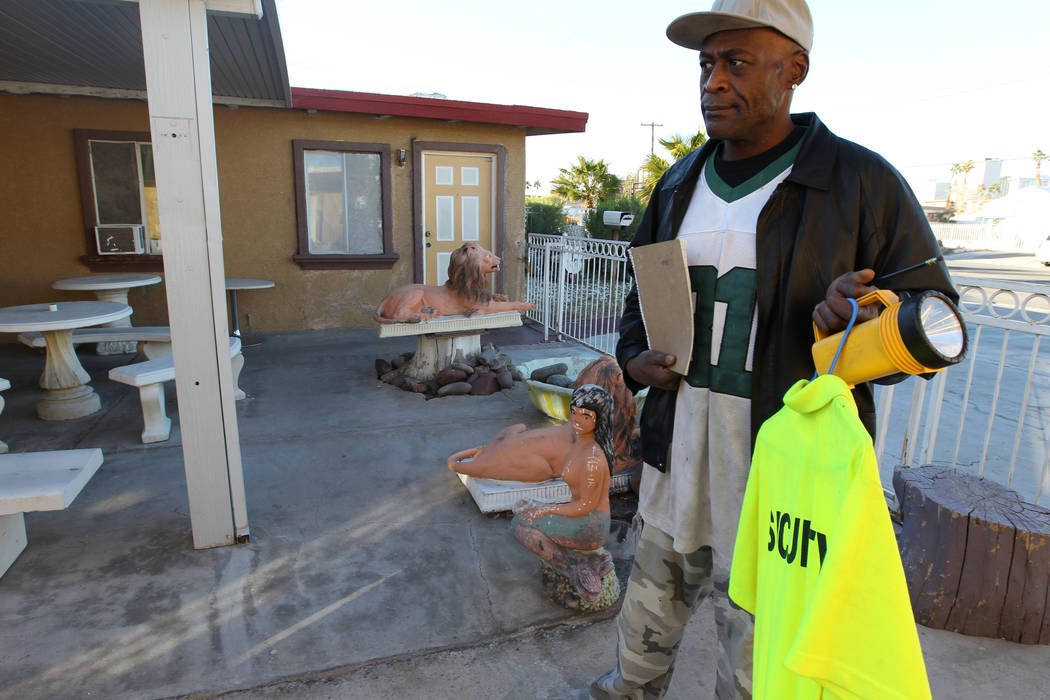
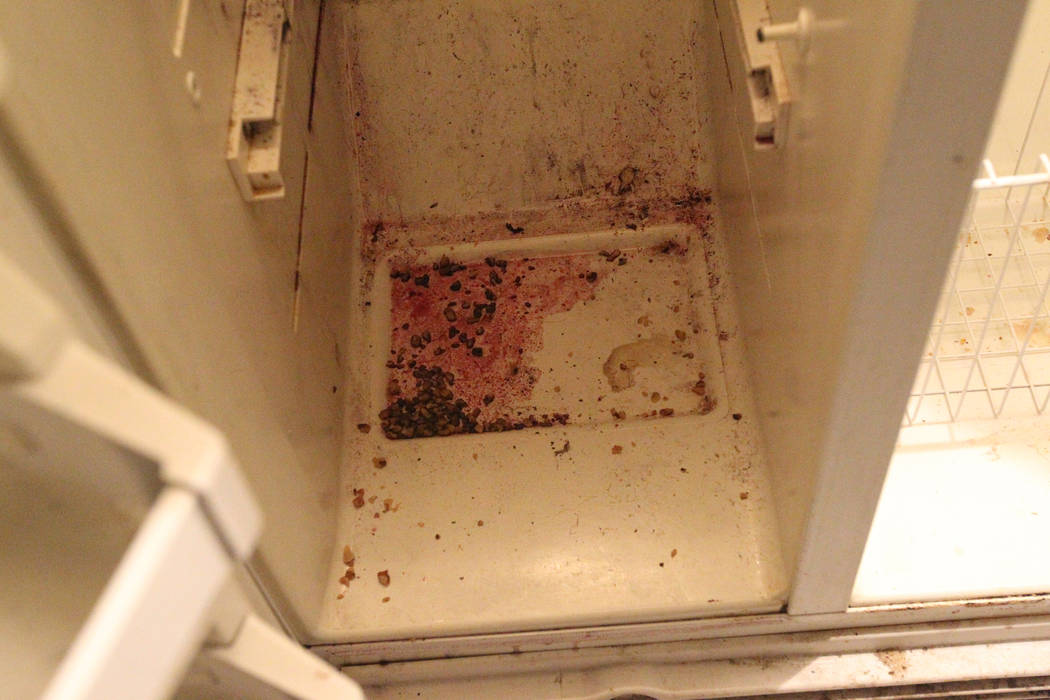
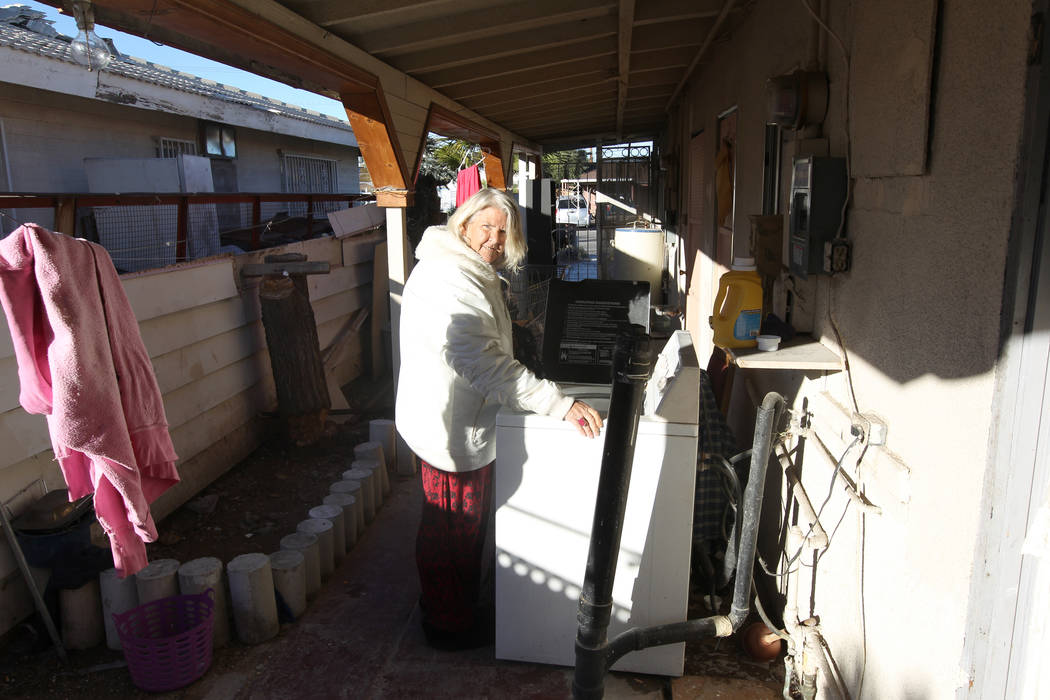
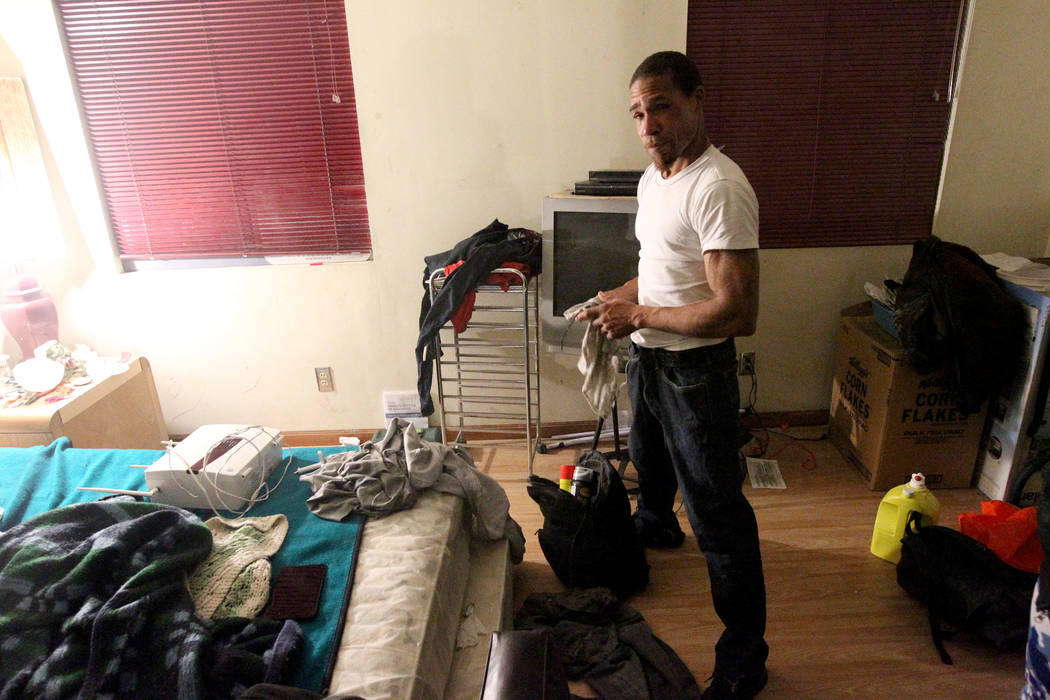
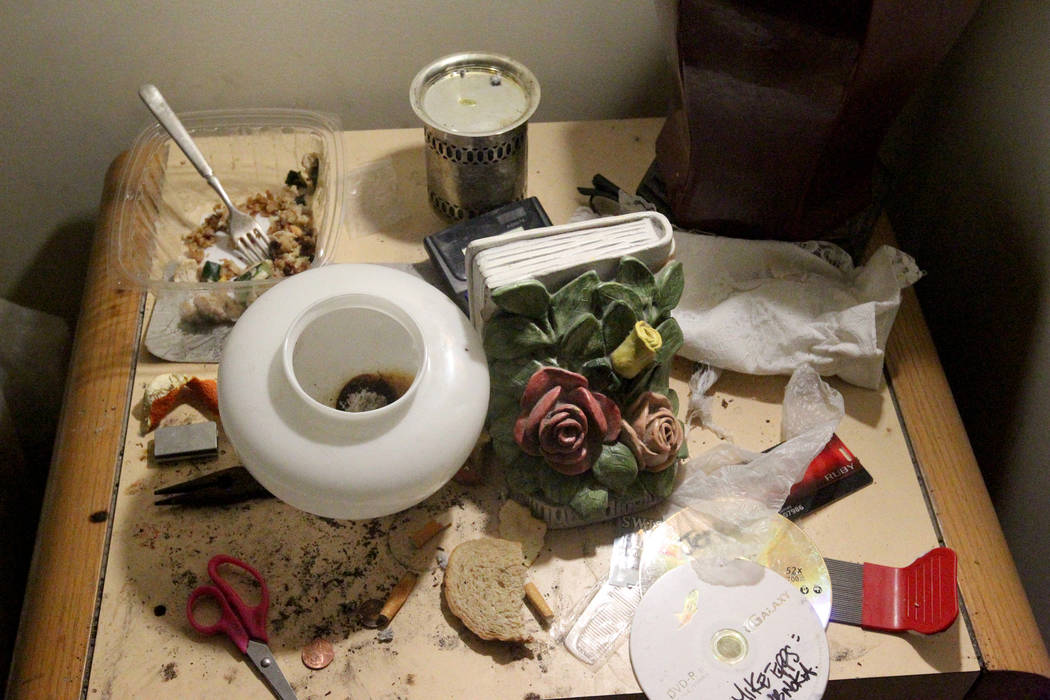
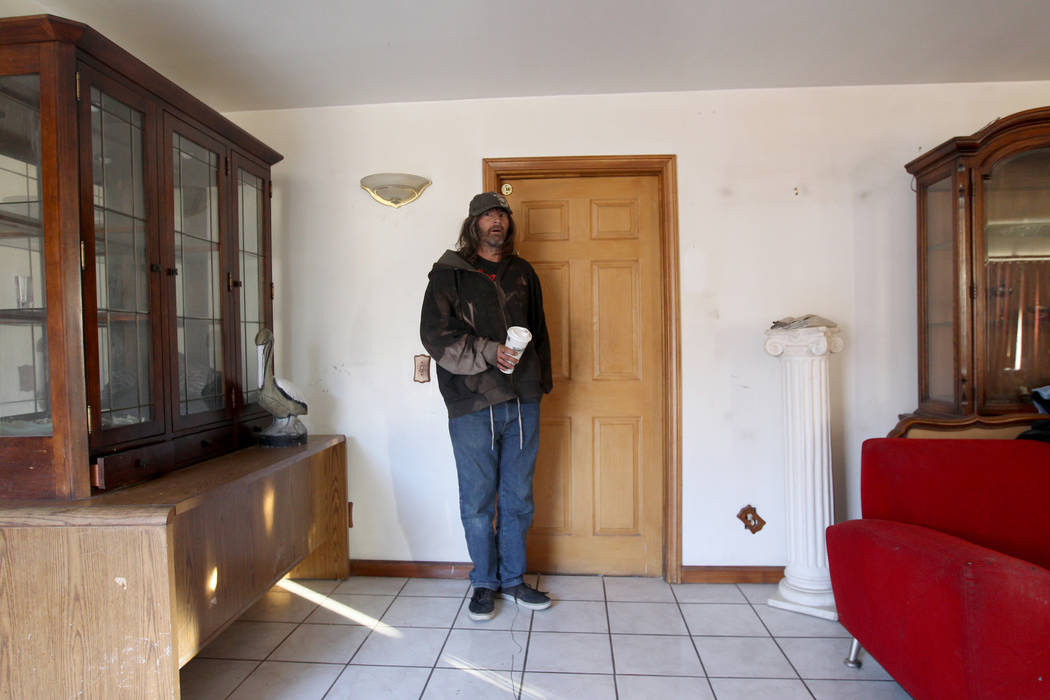
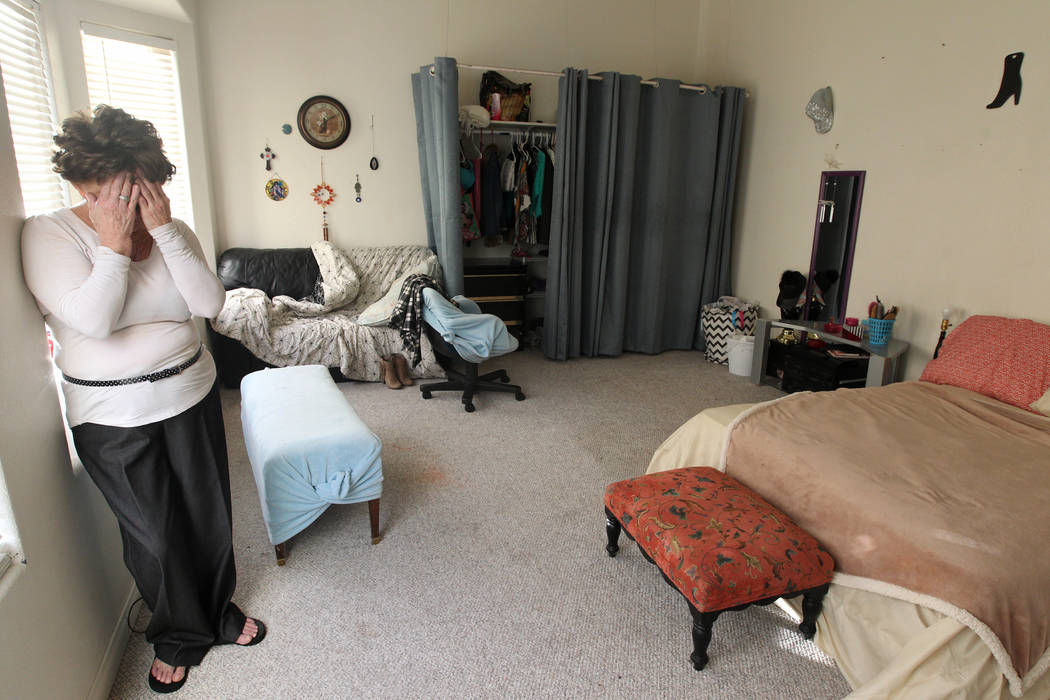
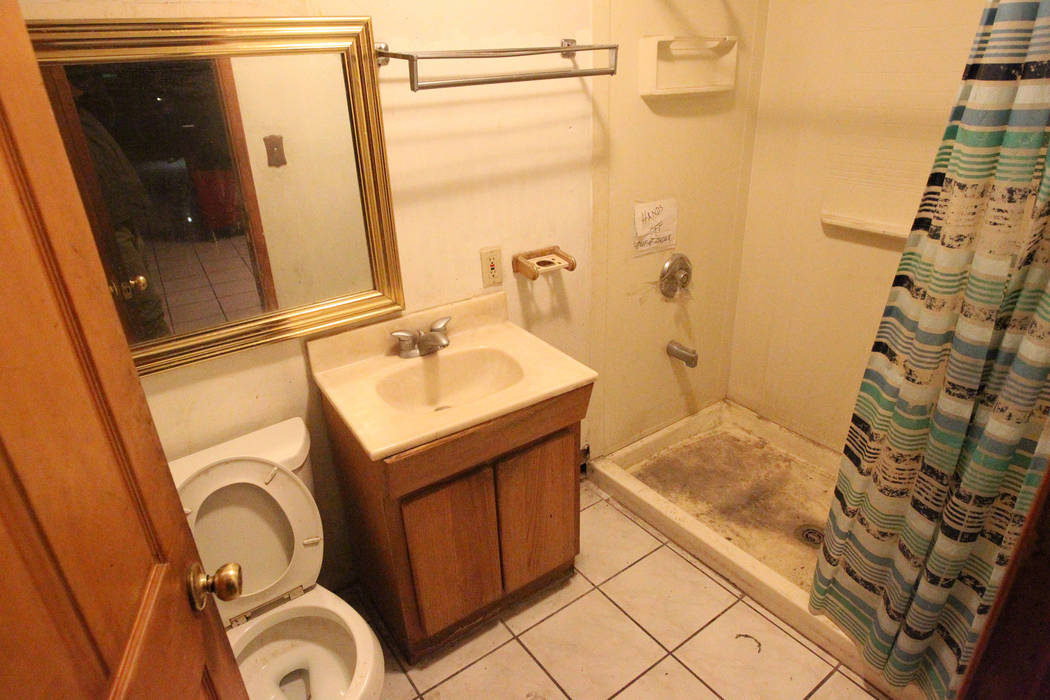
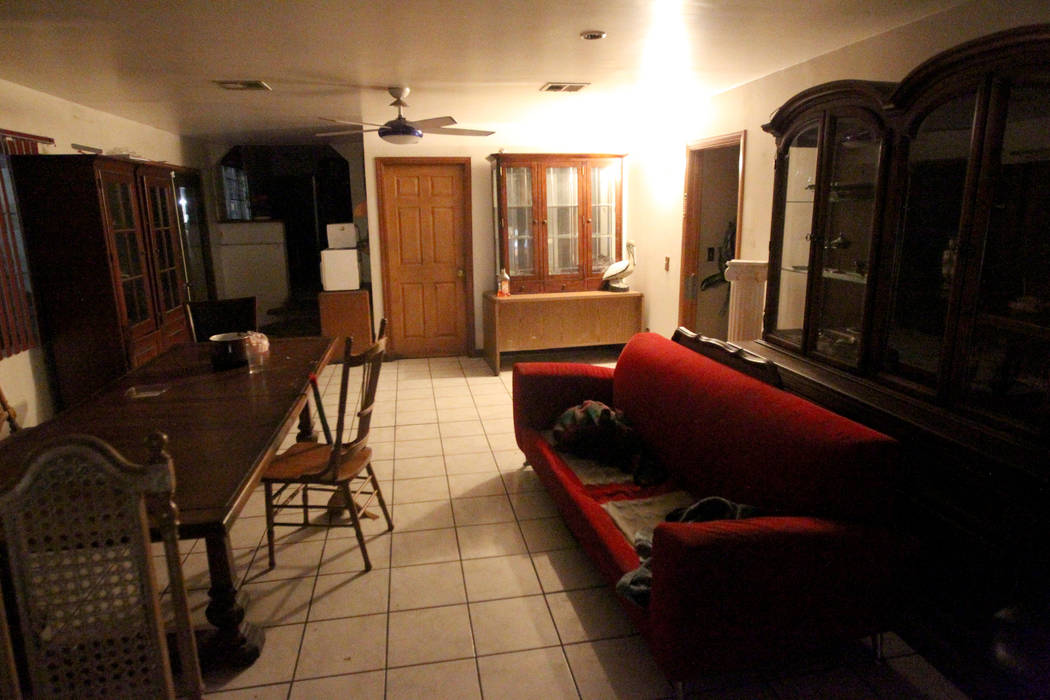
Nevada health officials confirmed Tuesday they cut ties with UNLV’s mental health clinic, after the Las Vegas Review-Journal reported the university continued placing mentally ill clients in an unlicensed home previously closed by the state because of filthy conditions.
“We weren’t satisfied with their response in terms of assurance that people were placed in homes that were credentialed and that were safe,” said Richard Whitley, director at the Nevada Department of Health and Human Services. “I did not see a sense of urgency demonstrated by (Mojave Mental Health) to ensure that people were placed in appropriate environments.”
The contract termination comes after the Review-Journal reported Mojave placed at least seven men with severe mental illness inside an unlicensed home at 724 N. Ninth Street a year after the state shut it down. The men were living in tiny rooms filled with trash, broken glass, rodents, expired medication and rotten food. The state shut down the home again this month.
On Feb. 9 the state served Mojave, a subsidiary of the UNLV School of Medicine, a 30-day termination notice. The state will relocate Mojave patients who are living in noncertified homes, officials said. Roughly 210 patients will be affected, though it’s unclear how many will have to move.
“We look forward to working with the state as they take a more active role in case management related to housing referrals and assistance,” said Paul Joncich, a spokesman for the UNLV School of Medicine.
A state audit last month revealed similar conditions at 37 homes across Nevada, prompting health officials to inspect all 142 homes in four days, close 11 of them and place 122 others on 10-day or 30-day action plans. Whitley also overhauled inspection procedures after the audit found state caseworkers were visiting the homes monthly but failed to note the squalid conditions. State regulators now will be tasked with inspections.
Nevada certifies private homeowners to house mentally ill residents and provide food and medicine management. Providers typically receive $1,450 per month, per client. The homes should have a caretaker living on site, but the audit found many of the patients were living unsupervised or with caregivers who spoke little or no English.
On Tuesday, Whitley updated a legislative committee on health care on his effort to ensure the homes — which receive state funding — are cleaned up and held accountable. In addition to more staff training, Whitley hinted at disciplinary action for supervisors who failed to follow up on home inspections. The department also will hire a community manager to help patients learn skills, since many of them reported watching TV or sleeping all day.
Whitley said Tuesday the state will find every Mojave client a new home, if necessary, and no one will be displaced.
Vivian Ellison, a 46-year-old who has schizophrenia, depression and bipolar disorder, fears the change. While she’ll get to keep her home, switching from Mojave means she’ll be assigned a new state caseworker.
“Mojave took me in, got me an apartment and medication, and now I’m a functioning member of society,” said Ellison, a former grocery store clerk. “They taught me everything that I know. It’s not fair that because of a mistake Mojave made, now 250 people are being forced to move. It’s like telling me to leave my family and go with another family.”
State lawmakers urged Whitley to come up with sanctions for homes that are not certified.
“You can say what you want to, but pictures don’t lie,” said Sen. Pat Spearman, D-North Las Vegas, who chairs the committee. “We’re paying people to care for these individuals and make sure they are safe. People who are doing this do not deserve to have people referred or placed on their property.”
Julie Kotchevar, deputy director for the Nevada Department of Health and Human Services, said her agency is working with Attorney General Adam Laxalt’s office to determine if any charges can be filed against the home providers.
The state has launched two more audits related to the homes, which are focused on provider payments and contracts with doctors and other vendors. Those are expected to be finished in the summer.
Contact Ramona Giwargis at rgiwargis@reviewjournal.com or 702-380-4538. Follow @RamonaGiwargis on Twitter.
Other legislative committee agenda items
— Assemblyman Mike Sprinkle, D-Sparks, said he’s working with state health leaders, providers and insurers to create a Medicaid-like insurance program for purchase at a premium cost. Originally introduced as Assembly Bill 374 during the 2017 legislative session, the Nevada Care Plan was vetoed by Republican Gov. Brian Sandoval.
— Representatives from the state Board of Medical Examiners said they’re waiting on recommendations from a subcommittee to introduce a set of disciplinary guidelines for doctors who prescribe opioids after a Jan. 3 public comment revealed concerns over how doctors would be punished for mistakes made under the new Controlled Substance Abuse Prevention Act. The board’s deputy executive director, Jasmine Mehta, said she expects the board to vote on regulations by its June meeting.
— Vegas Strong Resiliency Center officials said they’re working on building long-term infrastructure to help those traumatized by the Oct. 1 shooting on the Strip. Nevada Division of Child and Family Services Administrator Kelly Wooldridge said identifying outreach methods for vulnerable populations, like teens and LGBTQ people, was one of the center’s goals.
Jessie Bekker/Las Vegas Review-Journal













